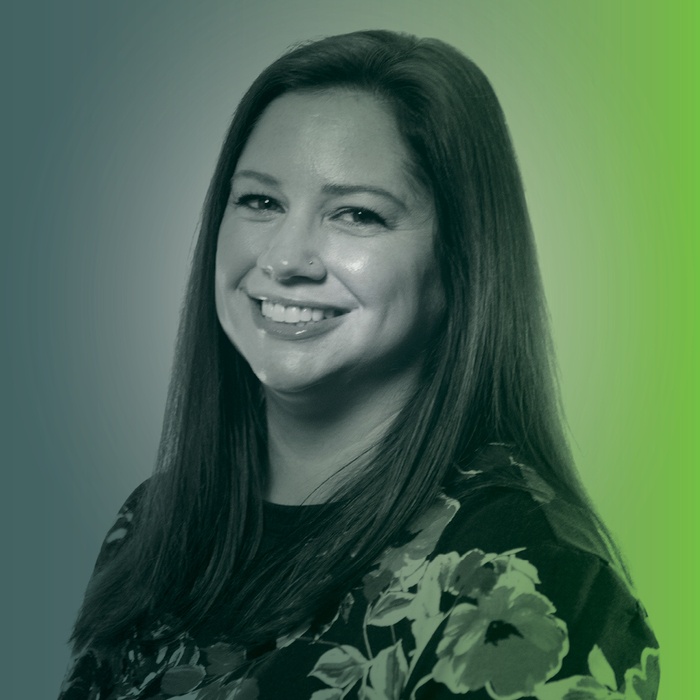What is your position with Ellipsis?
I am the Integrated Health Home (IHH) program director. The IHH department serves about 500 community-based clients to provide care coordination services and family peer support.
How long have you worked there?
I have been with Ellipsis since February 2021.
Have you had any other roles/jobs during your tenure with Ellipsis?
I started as the IHH program manager and then moved into the director position.

What drew you to work at Ellipsis?
Ellipsis really means what they say and follows through for families. I love working for an agency that shares the same passion I have and will advocate for our kids and families. When I was presented with the opportunity to work at Ellipsis, I saw the fantastic things the IHH team had done and knew I wanted to be a part of that.
Can you recall a moment (during your career with Ellipsis) when you felt like you were in exactly the right place, doing exactly what you should be doing? What was that like?
I like to find the small successes every day. If a client or family makes a small change toward something positive or in behavior, I believe that should be celebrated. Sharing a moment with a child or family over the success is so special.
What are some of the more challenging aspects of this job?
You can provide all the tools and supports, but ultimately it is up to the child or family to make changes or engage. It can be hard when a child or family isn’t ready to make that step and you see all the potential in them.
And what are some of the rewarding aspects of the job?
One of the most rewarding parts of my job is when we are able to really help a family with something that they need or provide an experience they might not be able to have. We’ve been able to share tickets to Night Eyes, Adventureland and events at Living History Farms with our IHH families. Kids and families deserve to create special moments and memories together and it means a lot to me when we can help make that happen.
Why is it important to have residential programs in communities, and qualified people working in them?
Residential programs are so important to the community and having qualified people working in them is necessary. Unfortunately for some children, due to a variety reasons, home is not always the best place for them, and they need a safe place to learn and grow. Having these programs be community-based and “homey” can help the child feel like they aren’t in a sterile institution. It gives them an opportunity to learn and have safe interactions within the community.
What is a misconception people may have about mental health treatment? How do you dispel that?
I think a misconception people have is that the children receiving services are “bad.” I don’t believe there is such thing as a “bad” child. Kids do well if they can, and if they are struggling, we try to see what skill they might be missing or lagging in and how can we help them build that skill up. Let’s give them the tools to do well!
If there’s anything else you’d like to add about your role, please feel free to do so!
I feel so privileged to work with the families we do. I love seeing them succeed and move on from our program. I love that I work with a team and agency that shares the same passion!
